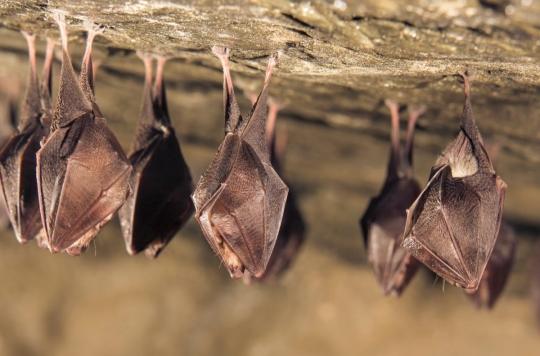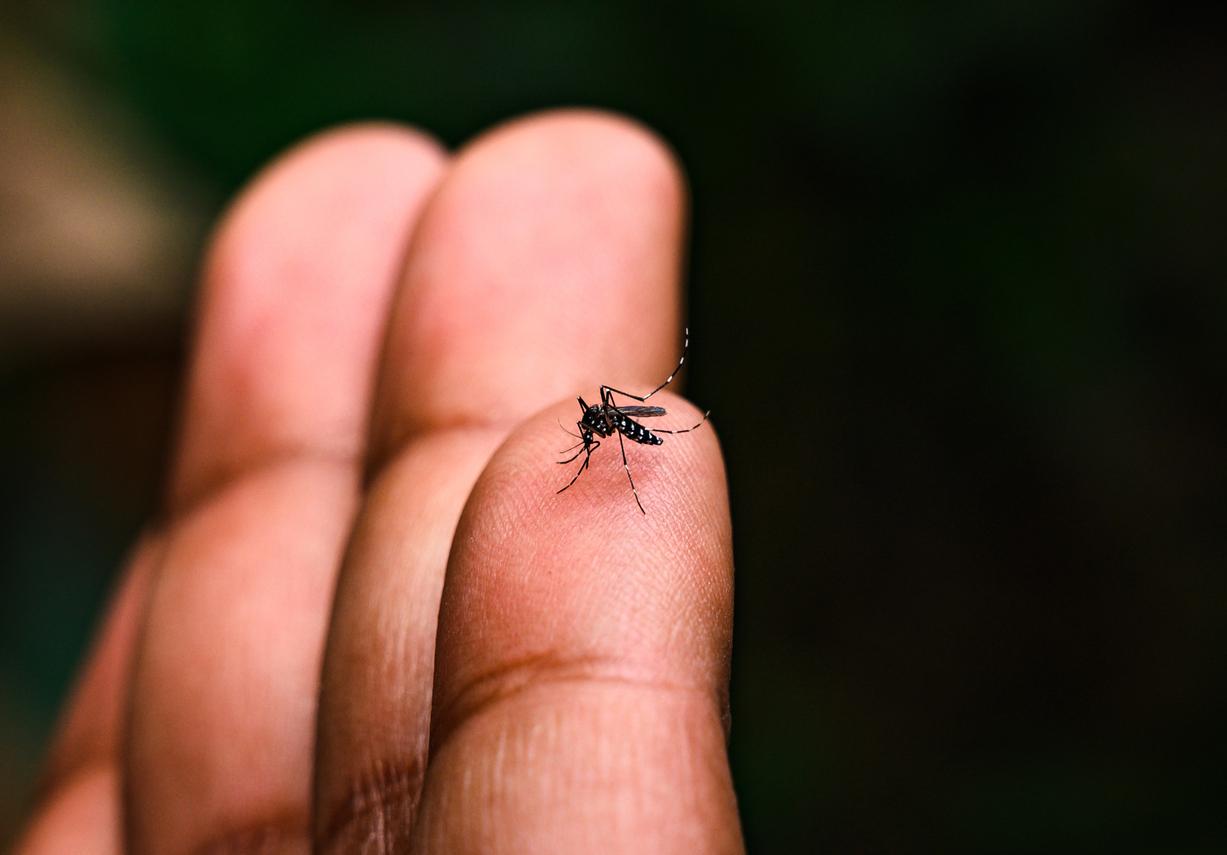Samples taken from bats in Cambodia in 2010 were recently analyzed by a team from the Institut Pasteur. Conclusion: two strains of virus close to Covid-19 have been detected.

- Two viruses identified in Cambodia share 92.9% of their genomic identity with SARS-CoV-2.
Is SARS-CoV-2 really a new coronavirus? Research from the Pasteur Institute in Phnom Penh in Cambodia sows doubt. For several months, scientists at this center have been analyzing samples taken from wild animals, as part of global research into the origin of the pandemic. Friday, February 5, they reveal in a communicated that a coronavirus similar to the one currently circulating was detected in bats as early as 2010.
A genome similar to 83% of that of SARS-CoV-2
Samples were taken in 2010 from bats of the species Rhinolophus shameli, in the north of Cambodia, within the region of the temple of Preah Vihear. “This genus of bats is of great interest to scientists because it is the reservoir of Sarbecoviruses, the group of the coronavirus family containing the human viruses SARS-CoV and SARS-CoV-2, respectively responsible for the epidemic of SARS in 2002-2004 and the current Covid-19 pandemic”explains Alexandre Hassanin, lecturer at Sorbonne University, at the National Museum of Natural History and co-author of this new study, in an article for The Conversation.
For ten years, the samples were stored at -80°C. Researchers at the Institut Pasteur in Cambodia recently tested them using a PCR. The results have been positive. The samples were sent to the Institut Pasteur in Paris to carry out a complete sequencing of their genome: the two viruses identified share 92.9% of their genomic identity with SARS-CoV-2. “They were named RshSTT182 and RshSTT200, “Rsh” referring to the bat species and “STT” referring to the province of origin”, says Alexandre Hassanin. This is the first time that a virus strain close to SARS-CoV-2 has been identified outside of China.
No contamination between human and bat
“This discovery could be crucial for understanding the process of transmission between animals and humans, and the diversity of this family of viruses“, underline the researchers. These specialists from the Institut Pasteur du Cambodge, however, specify that among the various cases of Covid-19 identified in the country, all are linked to an importation of the virus, none comes from contamination by a bald On the other hand, the researchers assume that pangolins could have been contaminated by bats in Southeast Asia, because these two species can live together in caves.In addition, pangolins are kept in captivity in China, which may have facilitated the transmission of the virus.

.















